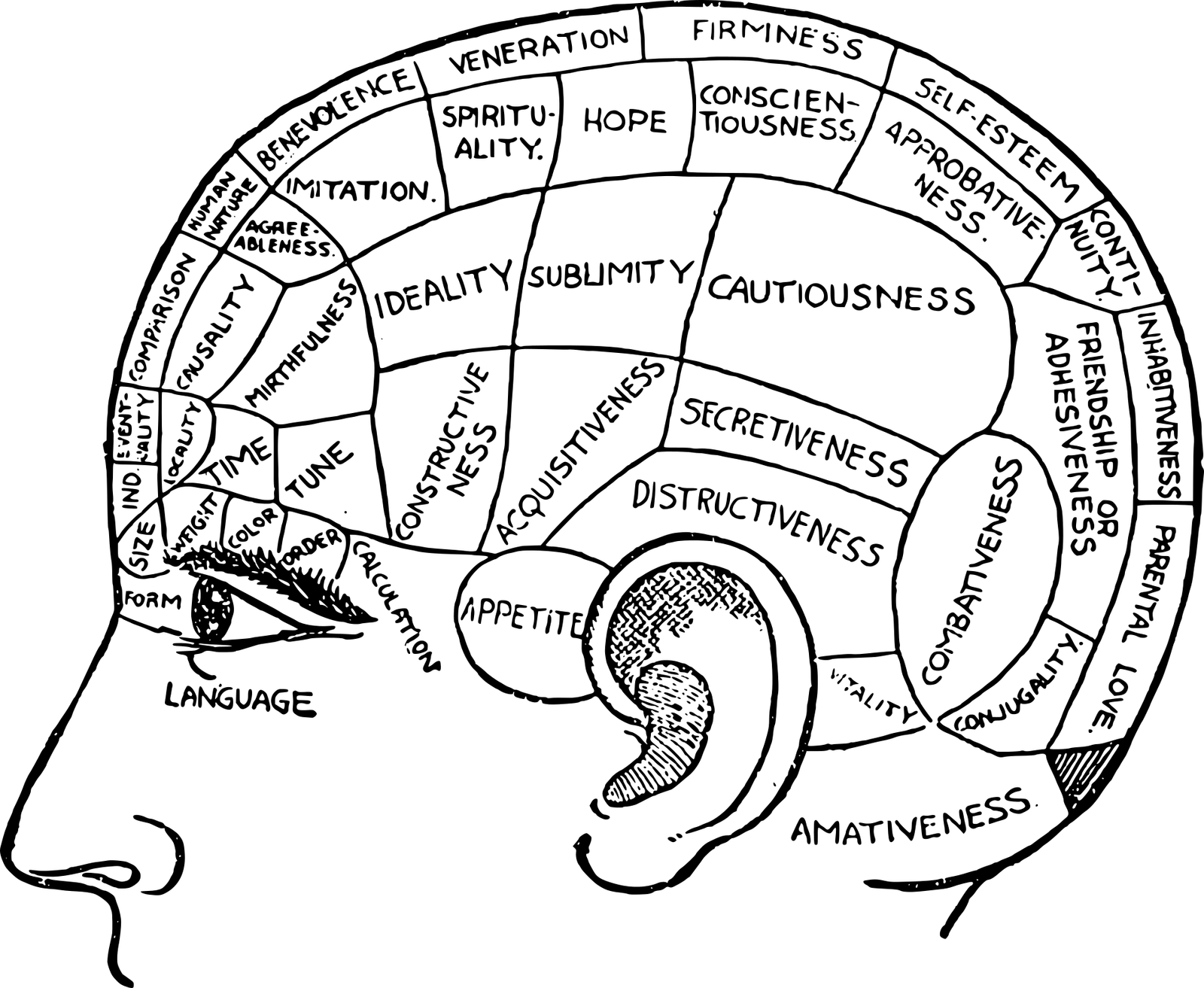“Today’s article is based on a YouTube video entitled The Exercise Neuroscientist: NEW RESEARCH, The Shocking Link Between Exercise and Dementia, discussed by Wendy Suzuki on the YouTube channel The Diary Of A CEO. In this article, I’ve tried to capture the essence of the key points discussed in the video. If you have time, I highly recommend watching the full video on YouTube.
Wendy Suzuki emphasizes the crucial importance of maintaining a “big fat fluffy brain,” which she describes as a metaphor for a healthy brain. According to her, a healthy brain is essential for leading a happy life, and she highlights how neuroscience and psychology can be used to improve brain function. Despite its importance, Wendy points out that people often neglect brain health, failing to recognize that the human brain, including their own, is the most complex structure known to humankind. Her message is to raise awareness about the value of brain health and encourage people to prioritize it.
Recent research discussed by Wendy in “The Exercise Neuroscientist: NEW RESEARCH, The Shocking Link Between Exercise and Dementia,” sheds light on how seemingly simple lifestyle choices—like consuming caffeine, maintaining social connections, and practicing self-care—can profoundly impact our brain’s health and resilience. Let’s get started!
The Role of Caffeine: Striking the Right Balance
Caffeine is one of the most commonly consumed psychoactive substances globally. According to the research highlighted by Wendy, moderate caffeine intake can positively influence mood, focus, and memory. The “sweet spot” of caffeine consumption can elevate cognitive functions, making us more alert and enhancing our ability to concentrate. However, it’s crucial to strike a balance; excessive consumption may lead to adverse effects like anxiety and jitteriness. Understanding your body’s response to caffeine and adjusting your intake accordingly is key to reaping its cognitive benefits without the downsides.
Loneliness: A Hidden Threat to Cognitive Health
Loneliness is often seen as a social issue, but its impact on brain health is profound. Wendy emphasizes that loneliness is a significant risk factor for cognitive decline and dementia. Research indicates that chronic loneliness can cause structural changes in the brain, particularly in areas related to memory and cognitive function. These changes can accelerate cognitive decline, making social engagement not just beneficial but essential for maintaining brain health. The takeaway? Cultivating strong, meaningful relationships is as vital for your brain as it is for your heart.
Love and the Brain: More Than Just a Feeling
Love is often associated with the heart, but its effects on the brain are just as significant. Wendy explains that being in love activates brain reward areas, leading to enhanced feelings of pleasure and well-being. This neurochemical response illustrates how deeply our emotional experiences can influence our brain’s structure and function. The activation of these reward areas can enhance overall life satisfaction and emotional health, making love a powerful force for cognitive resilience.
The Power of Cold Showers: Boosting Mental Resilience
Cold contrast showers, which involve alternating between hot and cold water, are gaining attention for their potential brain health benefits. Wendy suggests that this practice may improve mood and cognitive resilience. The shock of cold water can stimulate the nervous system, potentially leading to improved mood and mental clarity. While more research is needed to fully understand this connection, incorporating cold contrast showers into your routine could be a simple yet effective way to boost your brain health.
Mediterranean Diet: A Recipe for Cognitive Longevity
The Mediterranean diet, rich in fruits, vegetables, whole grains, and healthy fats, has long been celebrated for its physical health benefits. Recent findings suggest that it also plays a crucial role in supporting brain function and emotional well-being. Wendy highlights that this diet not only enhances cognitive function but also contributes to emotional stability, further emphasizing the link between nutrition and brain health. Adopting a Mediterranean diet could be a powerful step towards maintaining cognitive function as you age.
Social Connections: The Brain’s Lifeline
Human beings are inherently social creatures, and our brains are wired to thrive on social interactions. Wendy points out that strong social ties are crucial for mental health, reducing loneliness and cognitive decline. Social connections stimulate the brain, helping to preserve cognitive functions and delay the onset of dementia. Whether through friendships, family bonds, or community involvement, maintaining social connections is a cornerstone of cognitive health.
Compassion and Empathy: Nurturing Emotional and Social Health
Finally, Wendy discusses the importance of compassion and empathy in nurturing emotional and social health. These qualities are not just beneficial for those around us but also for our own brain health. Cultivating compassion and empathy leads to better social interactions and emotional resilience, which are critical for overall well-being. In a world that often emphasizes individual achievement, these findings remind us of the value of kindness and connection in promoting brain health.
Conclusion
The insights shared by Wendy underscore the intricate relationship between our lifestyle choices and brain health. From the moderate consumption of caffeine to the profound effects of love, social connections, and self-care practices like cold showers, these factors all contribute to cognitive resilience and emotional well-being. As research continues to evolve, it becomes increasingly clear that taking care of our brains involves more than just mental exercises—it requires a holistic approach that encompasses our diet, social interactions, and emotional health.

